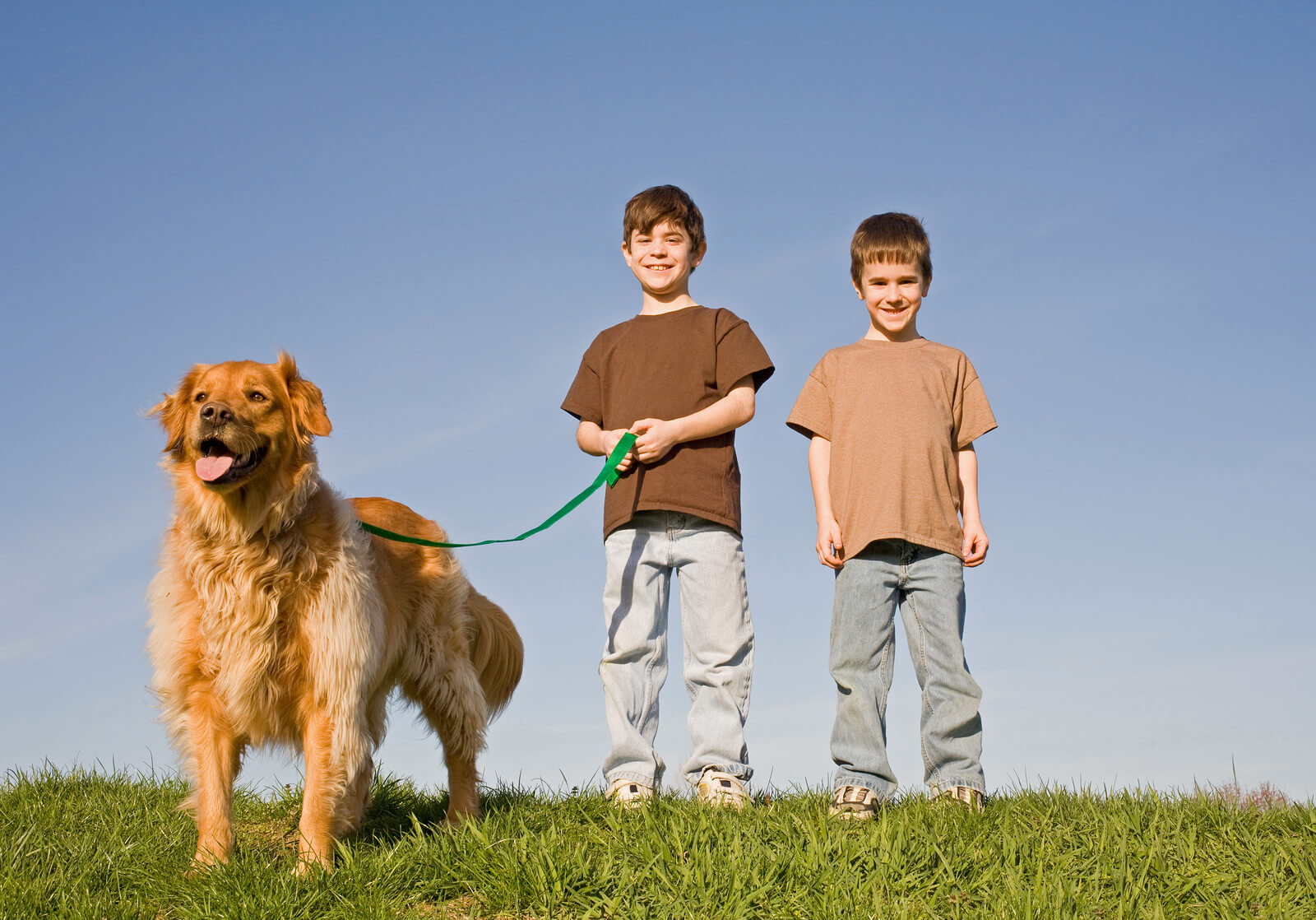Summer Festivals and Markets: How to Keep Your Dog Safe and Happy!
Summer festivals and markets offer a fantastic opportunity for relaxation, enjoyment, and socialization. However, for dog owners, these events can also pose unique challenges. Ensuring your furry friend remains calm and content amidst the hustle and bustle is crucial. This guide provides comprehensive insights into keeping your dog comfortable, safe, and happy during these outings.

Understanding Your Dog’s Needs
Before heading out, it’s essential to understand your dog’s behavior and specific needs. Dogs can often feel anxious or overwhelmed in crowded and noisy environments. Recognizing signs of stress, such as excessive panting, drooling, or restlessness, is the first step toward ensuring their well-being.
Key Considerations
- Temperament: Different breeds and individual dogs have varying tolerance levels for noise and crowds. Know your dog’s limits.
- Socialization History: Dogs accustomed to social interaction are likely more comfortable in public settings.
- Health Status: Ensure your dog is in good health and up-to-date with vaccinations before exposing them to new environments.
Preparing for the Day
Preparation is vital for a successful outing with your dog. Here are some essential tips:
- Vaccinations and Health Checks: Ensure your dog is vaccinated and free of any health issues that could be exacerbated by the exposure.
- Hydration: Bring plenty of water to keep your dog hydrated. Collapsible bowls are handy for on-the-go hydration.
- Rest and Exercise: Provide ample rest before the event and consider a light exercise session to burn off excess energy.
Recommended Gear
- Leash and Harness: Use a sturdy leash and comfortable harness to maintain control.
- Identification Tags: Ensure your dog has up-to-date identification tags in case they get lost.
- Portable Shade: A portable shade or cooling mat can provide relief from the sun.
Navigating Crowds and Noise
Crowded and noisy environments can be overwhelming for dogs. Here’s how to handle it:
- Gradual Exposure: Gradually acclimate your dog to similar environments before the event.
- Calming Accessories: Consider using calming collars or sprays that contain pheromones to reduce anxiety.
- Quiet Breaks: Identify quieter areas where your dog can take breaks and regroup.
Handling Noise
- Ear Protection: Dog-specific ear muffs can help protect against loud noises.
- Calming Commands: Train your dog with calming commands to help soothe them in stressful situations.
Safety and Comfort
Ensuring your dog’s safety and comfort is paramount. Here are some critical areas to focus on:
- Heat Safety: Avoid hot surfaces, provide shade, and watch for signs of heatstroke.
- Avoiding Toxic Foods: Be vigilant about food items that may be toxic to dogs, such as chocolate, grapes, and certain nuts.
- Safe Spaces: Create a safe, quiet space for your dog to retreat to if they become overwhelmed.
Emergency Preparedness
- First Aid Kit: Carry a basic first-aid kit for minor injuries.
- Veterinary Contacts: Have contact information for nearby veterinary services in case of emergencies.
After the Day Out
Post-event care is just as important as preparation. Here’s how to ensure your dog remains happy and healthy after a day out:
- Hydration and Rest: Ensure your dog has plenty of water and a comfortable place to rest.
- Check for Injuries: Inspect your dog for any injuries or signs of distress.
- Routine: Return to your dog’s regular routine as soon as possible to provide comfort and stability.
Taking your dog to summer festivals and markets can be a rewarding experience for both of you. By understanding your dog’s needs, preparing adequately, and ensuring their safety and comfort, you can make these outings enjoyable and stress-free. Remember, responsible dog ownership means always prioritizing your dog’s well-being.




